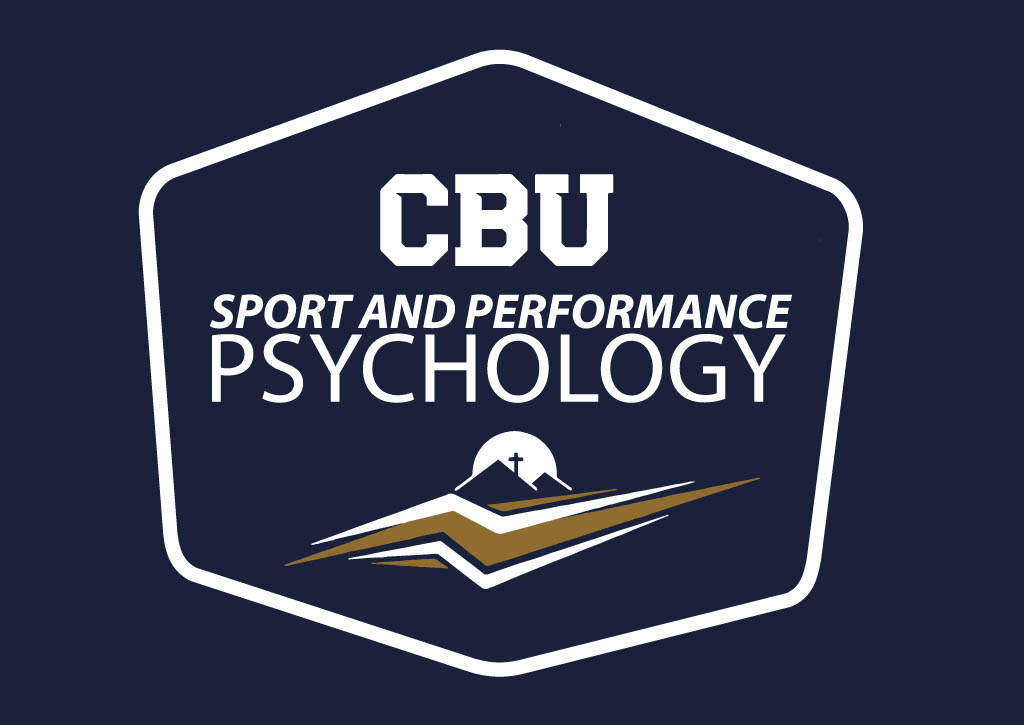
What is Sport and Performance Psychology (SPP)?
The overall goal of Sport and Performance Psychology (SPP) is to elevate human performance and well-being. SPP is utilized to work with people of all ages and skill levels across the performance spectrum to strengthen and define their purpose and realize their peak potential. SPP also helps to serve performers in sport, exercise, tactical, business, arts, and medical populations. SPP helps clients develop and apply mental, life, and self-regulatory skills to optimize performance, fulfillment, and/or personal development in sport or other domains (i.e., performing arts, military, etc.).
Typically, sports psychologists’/consultants’ activities fall into three major categories, each with its specific skills (Moran, 2012):
1. Applied consultancy work. Similar to coaching, in which the sports psychologist/consultant engages with professional and amateur athletes (and coaches and parents) to help them with the following skills and more:
-
- Emotion regulation
- Arousal control
- Injury recovery
- Goal setting
- Team building
- Imagery & visualization
- Leadership development
- Empathy
- Motivation
- Focus and attentional control
- Self-care techniques
- Stress management
- Relaxation techniques
- Self-talk
- Injury
- Mental toughness
- Reframing
2. Education. Involves teaching athletes, coaches, students, and even business personnel about the principles and methods behind SPP.
3. Research. Finding and producing evidence-derived proposals to the obstacles and challenges found within sporting performance and success.
What is a Certified Mental Performance Consultant (CMPC®)?
Certification as a CMPC® demonstrates to clients, employers, colleagues, and the public that an individual has earned the highest standards of professional practice, including completing a combination of educational and applied work requirements, passing a certification exam, agreeing to practice by ethical principles and standards, and committing to ongoing professional development in the field.
CMPC®s are individuals with a masters or doctoral degree in sport science, psychology, or a related field who have met specific course requirements and have completed an extensive, mentored applied experience.
Please visit https://appliedsportpsych.org/certification/ to learn more about the CMPC® exam and becoming a CMPC®.
References
Moran, A. P. (2012). Sport and exercise psychology: A critical introduction. Psychology Press.


